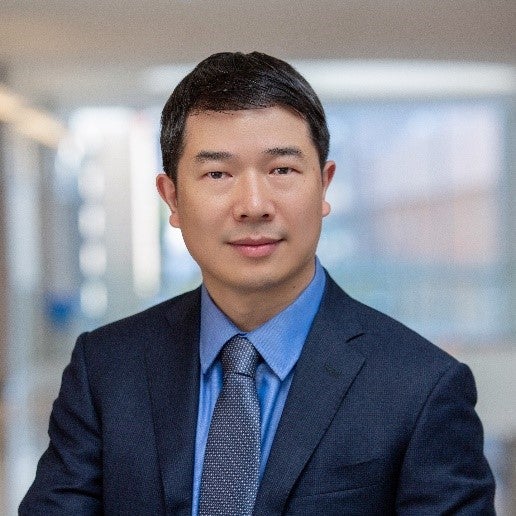Early human development remains mysterious and difficult to study. In this talk, I will describe our efforts to use human pluripotent stem cells (hPSCs) and bioengineering tools to develop controllable models of early post-implantation human development and organogenesis. The early post-implantation human development models recapitulate various aspects of in vivo developmental landmarks, including amniotic cavity formation, amniotic ectoderm-epiblast patterning, primordial germ cell specification, development and organization of embryonic germ layers, yolk sac formation, and primitive hematopoiesis. I will further discuss our work in applying different bioengineering tools and hPSCs to recapitulate some critical aspects of early human neural development, including neural patterning in both brain and spinal cord regions and along both rostrocaudal and dorsoventral axes. Ongoing projects in the lab also aim to model various aspects of human heart and gut tube development as well as the somitogenesis. Together, our work has successfully established various bioengineered human embryo and organ models with in vivo-like spatiotemporal cell differentiation and organization, which are useful for studying human development, physiology, and disease.

Dr. Jianping Fu is a professor of Mechanical Engineering at the University of Michigan. His research focuses on integrating bioengineering, stem cell biology and developmental biology to advance understanding of human development, physiology, and disease. Dr. Fu and his colleagues have made significant contributions to the emerging field of "Artificial Embryos," which was named one of MIT Technology Review's “10 Breakthrough Technologies of 2018” and “the Method of 2023” by Nature Methods.


